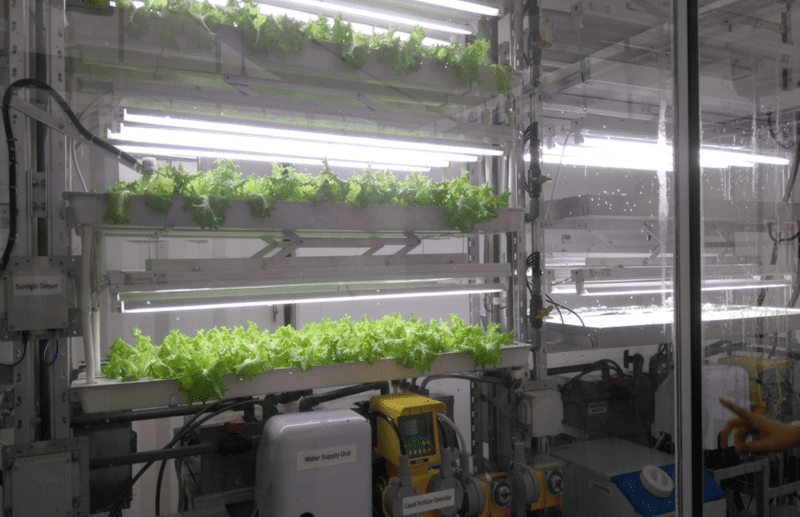HDRider
Well-known member
Big Tech's emerging digital platforms will not help farmers share their knowledge or promote their diverse seed and animal varieties. The platforms will emphasise conformity; participating farmers will have to buy the inputs that are promoted and sold on credit (at high interest rates), follow the "advice" of a chatbot to qualify for crop insurance (which they must pay for), sell their crops to the company (at a non-negotiable price), and receive payments on a digital money app (for which there is a fee). Any missteps can affect a farmer's creditworthiness and access to finance and markets. It will be contract farming on a mass scale.
These developments in digital agriculture are not divorced from Big Tech's aggressive moves into food distribution and retail. In fact, digital agriculture is building the centralised production systems upstream that will supply Big Tech's evolving operations downstream, which are rapidly displacing the small vendors, hawkers and other local actors who have long served to bring foods from small farmers to consumers. The stage is being set for today's small farmers and vendors to be tomorrow's pieceworkers for Big Tech companies.

 grain.org
grain.org
These developments in digital agriculture are not divorced from Big Tech's aggressive moves into food distribution and retail. In fact, digital agriculture is building the centralised production systems upstream that will supply Big Tech's evolving operations downstream, which are rapidly displacing the small vendors, hawkers and other local actors who have long served to bring foods from small farmers to consumers. The stage is being set for today's small farmers and vendors to be tomorrow's pieceworkers for Big Tech companies.

The Big Tech takeover of agriculture is dangerous
It will endanger the livelihood of the world’s small farmers and food workers and completely transform our food systems.
